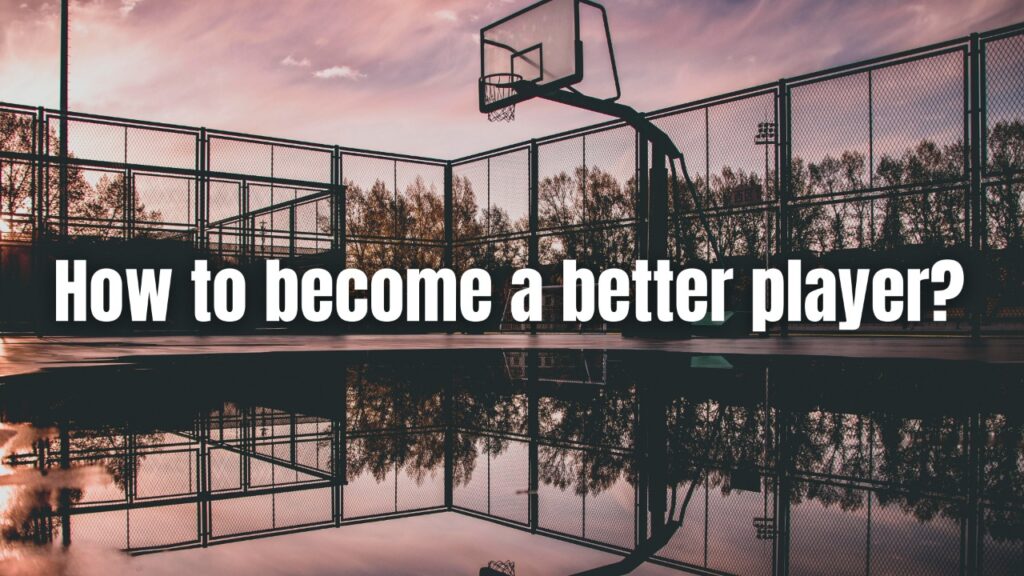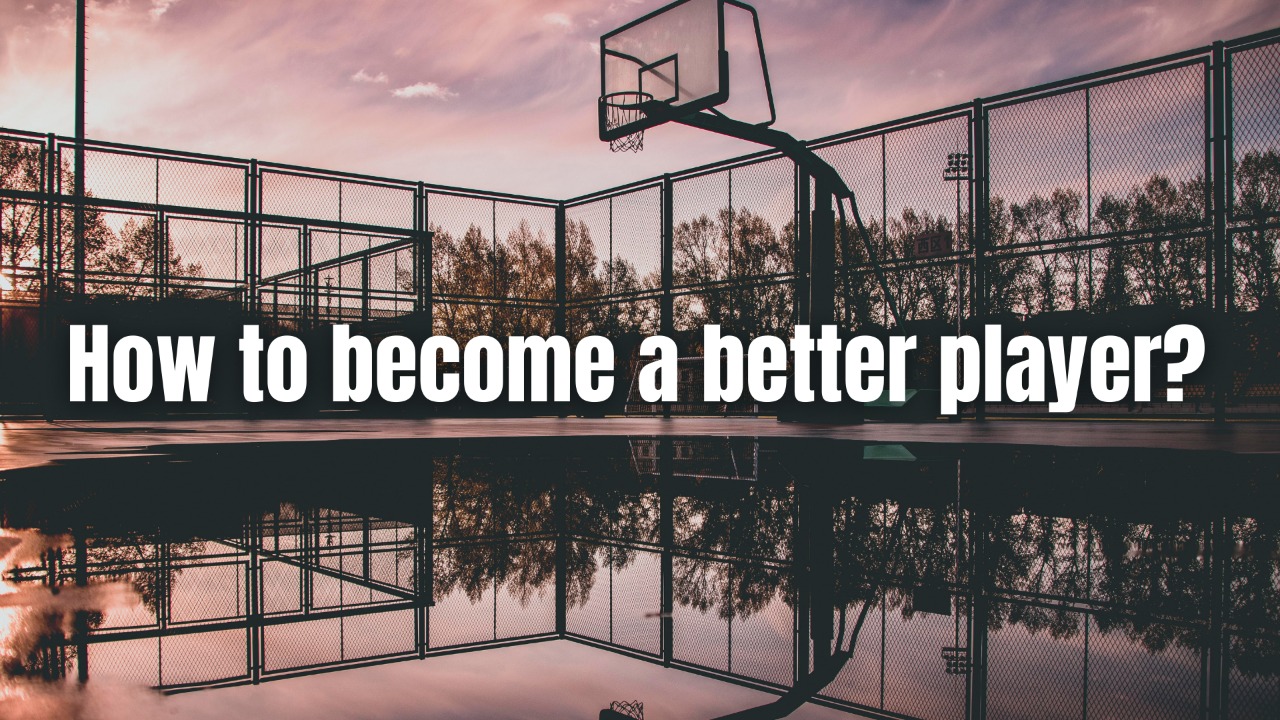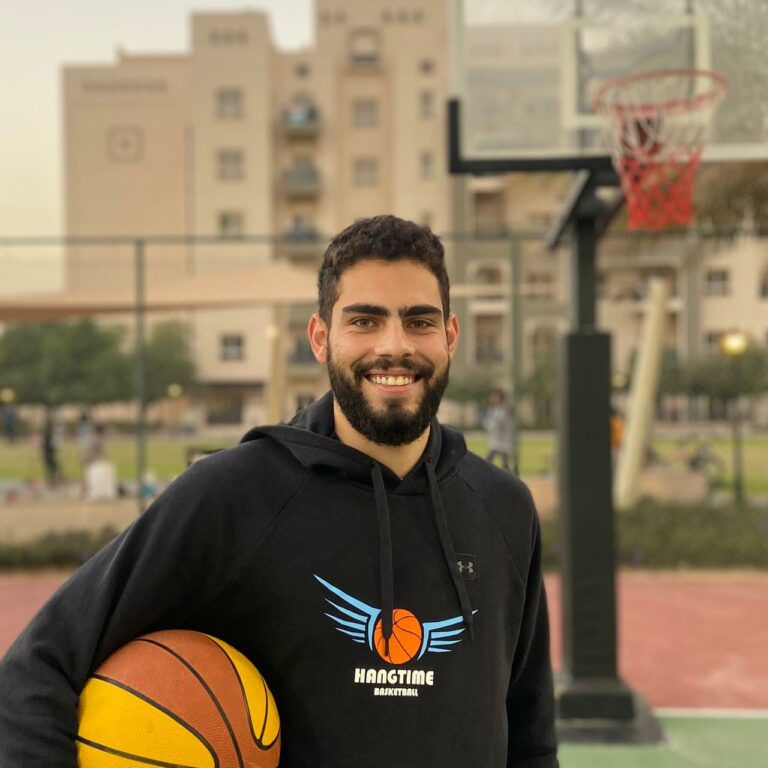As a sportsperson, the desire to be the best motivates you to get out on the field every weekend. You can’t afford to stand still if you want to rise to the top and stay there.
It takes more than inherent skill to raise your game and improve on previous efforts. You can take a number of steps right now that will help you take those steady steps to sporting glory.
1. Have a one-on-one meeting
You need to gain a handle on where you are as a player before you can think about moving forward. Conduct a thorough and honest evaluation of your ability as a player. You’ll need the help of your coach and other significant people in your sporting life for this.
In what is effectively an audit of your game, technical proficiency, understanding of your sport, and mental traits should all be discussed. Your coach is an important player in this process. They’re likely to know your game as well as you do, and they’ll be the best people to advise methods to improve and keep track of your progress in your journey to be a better player.
You’ll be likely to identify on developing the aspects where you need to improve as a player once you’ve figured out your strengths and shortcomings.
2. Make a strategy and define objectives.
After you’ve identified your strengths and shortcomings, the next stage in your road to becoming a great player is to work on improving them. Make a season-long goal to improve on the areas on your list in which you can be better.
Your coach, once again, can play an important part in the process. Coaches will be able to use your sports expertise to come up with workouts or activities to help you overcome a deficiency in your game.
Set some targets to track your progress when you have a brief plan in place. These should be recurring, attainable goals that help you to grow to keep improving.
Goals are an excellent method to keep your motivation and dedication up throughout the season. In addition, failing to reach one can serve as further encouragement to return to the training field and strengthen that weaker area.

3. Appropriately Condition Yourself
It makes no difference however much talent you offer to a sport; if you’re not physically ready, you won’t be able to execute your skills for the duration of the game.
It may appear to be the easy decision to turn off your sports brain and turn on your Tv and beer brain during the months and weeks of your off-season. A strength training program (described here for football and rugby players) can, however, help you perform better on the field in a variety of ways.
Your ability to perform as a player is based on your strength. You can move quicker, jump higher, and change directions faster if you have more strength.
Conditioning workouts training also helps to lessen the likelihood of injury. When a player is on the bench, he or she does not improve. A healthy physique will allow you to spend more time on the field working on your deficiencies.
4. Rehearse, Rehearse, Rehearse
It is said that practice makes perfect. It’s a finer sporting cliché than you’ll find, yet it’s still as true today as it was then. It can take several months of rigorous practice before you feel secure putting skills, drills, and techniques out on the court.
It’s not easy to gain confidence. The greatest approach to master new skills – and hence grow as a player – is to practice often.
5. Work out on your own.
When participating in a team sport like football, rugby, or skating, the focus is generally exclusively on the team. It can certainly be a challenge to work on your particular requirements as an individual, especially in a one-on-one situation with your coach.
Taking the effort to work within your own game can go a long way toward achieving the results you’ve been looking for (a better player). This can help you stay focused on your own requirements and provide you the room to perfect a skill that you might not have access to on the team practice court.
6. Increase your self-assurance
In sports, confidence is defined as the ability to perform new skills under pressure in a match situation.
Even though it is a major element of just about any coach’s job to instill confidence in his or her players, you may still place yourself in the best possible position to do so on the field. Again, it all comes down to practice. The more you practice your additional knowledge, the more likely you are to succeed in a game setting.
In a game environment, overconfidence can be detrimental. If you train on a talent and don’t succeed, you could never develop the courage to try it once again. Before you use it in a game, be sure you have it nailed down.




